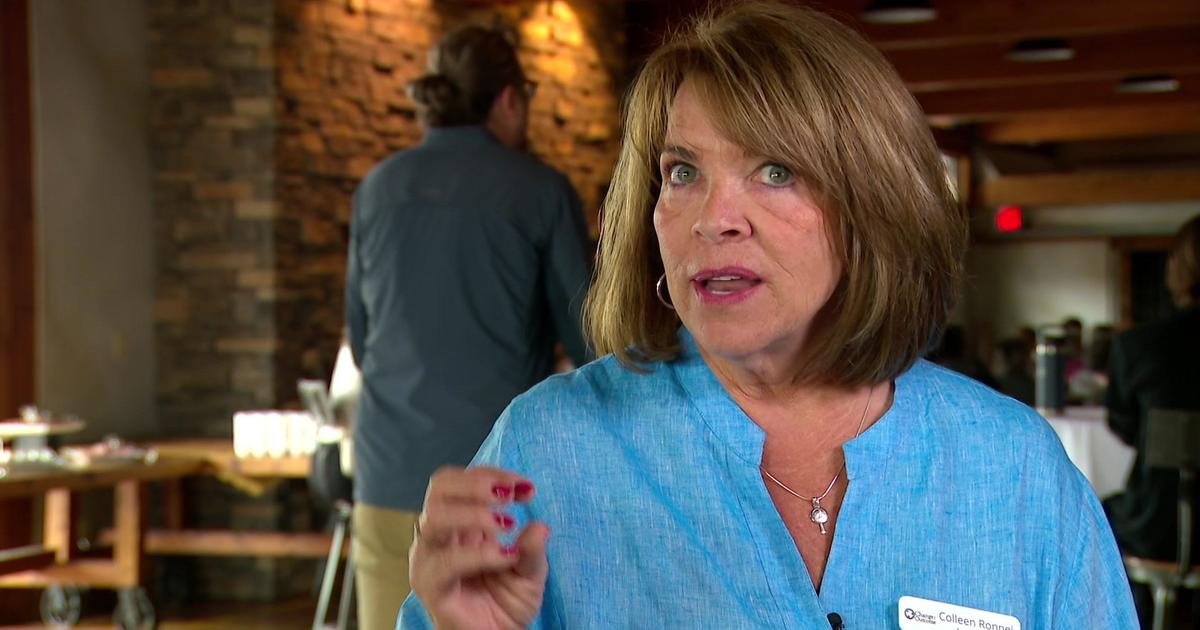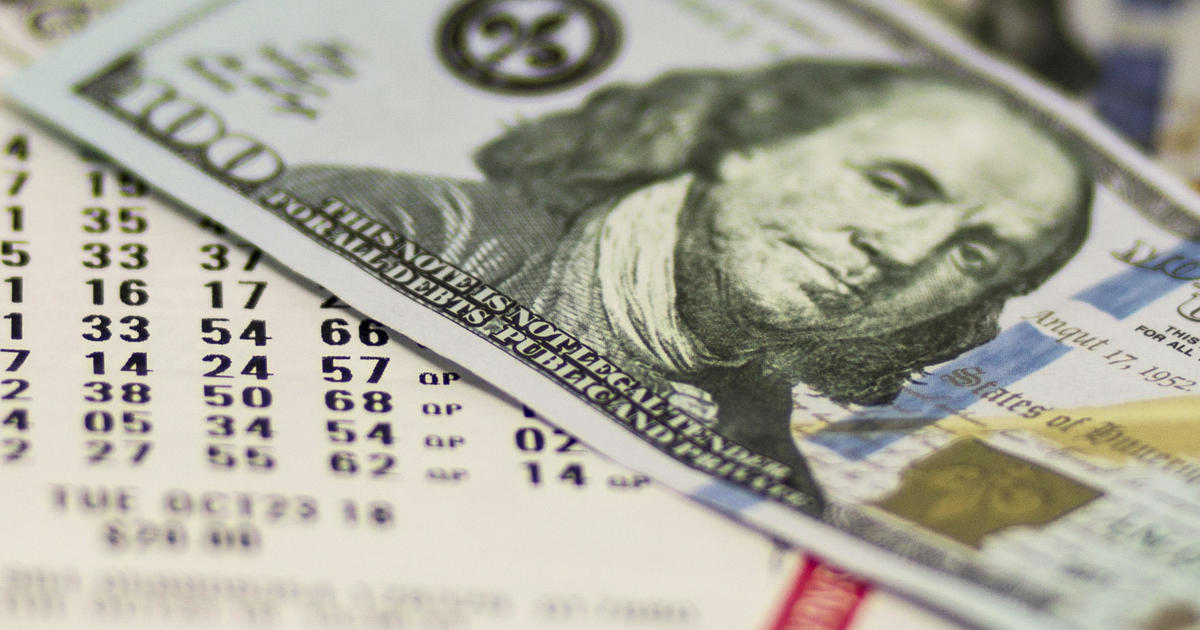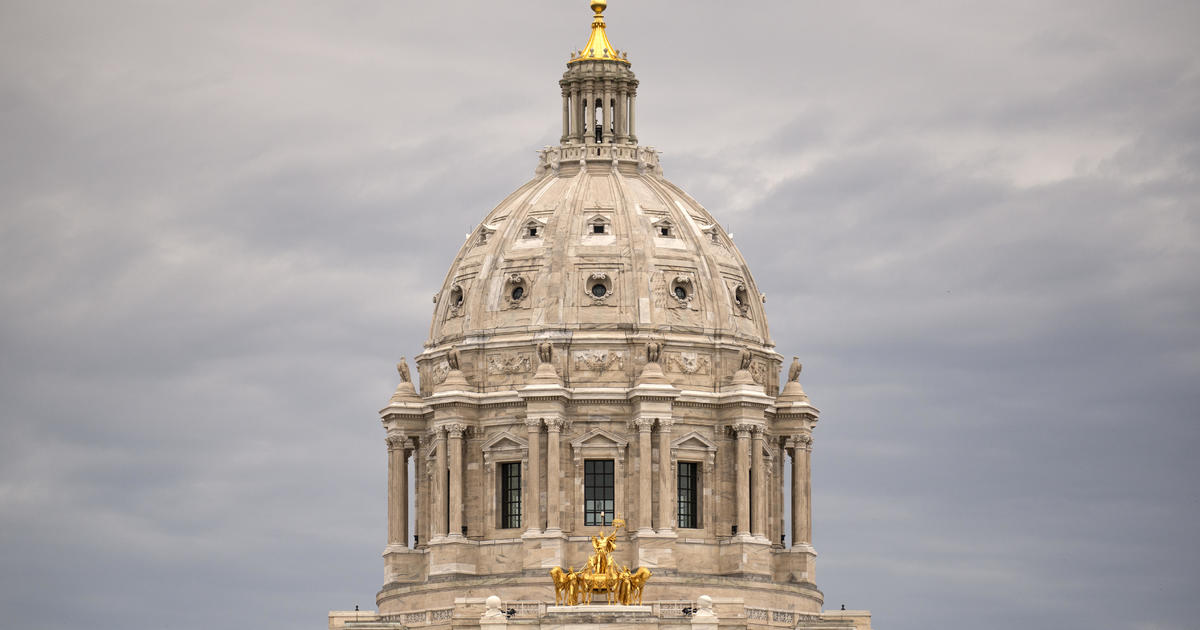Minnesota begins collecting new taxes on THC products, revenues poised to grow
MINNEAPOLIS -- Minnesota has collected $1.5 million in revenues from a new surcharge on hemp-derived THC edibles sales, according to preliminary data from the first two months of the tax that took effect this summer.
In addition to existing sales taxes, the state legislature on June 30 implemented a 10% gross receipts tax on the products legalized last summer as long as the THC comes from hemp plants.
Sales totaled $7 million in July, bringing in nearly $700,00 in revenues and $8.4 million in August, which is $842,000 to the state's coffers—the two months for which there's data available. September totals will be tallied later this month after the Oct. 20 deadline to file, a Department of Revenue spokesman said in an email.
The numbers provide a glimpse into the burgeoning cannabis market in Minnesota, which is poised to grow in the coming years with the recent legalization of marijuana for recreational use. Retail dispensaries are expected to open in early 2025.
Minnesota could reach $1.5 billion in annual sales by the end of the decade, according to an analysis by Vicente LLP, a cannabis firm. Marijuana will be subject to the same 10% gross receipts tax.
Andrew Livingston, director of economics and research who's analyzed these markets, said Minnesota's hemp market—with edibles ranging from gummies to drinks—puts the state in a unique position heading into a new era of legalization.
"I think that's a way that Minnesota will advance faster than other states of a similar size nature because of the way that hemp program has kind of primed consumers for what will be a robust and interesting regulated market place," he explained.
All legal states impose some form of a special tax, but they vary. Livingston said taxing too high can keep an illicit market flourishing—a fear of bill authors who landed on the 10% tax rate with the hope that it wouldn't be too prohibitive.
"The tax rate in Minnesota is competitive," he said. "That's definitely going to attract consumers into the legal market."
Before marijuana dispensaries open to adults 21 and older, hemp THC edibles remain available at retailers like liquor stores and taprooms, which is only true in Minnesota, said Bob Galligan, director of government and industry relations at the Minnesota Craft Brewers Guild.
He told WCCO the THC drinks' popularity is growing, but it's still not the primary business driver for breweries.
"I don't know that it's necessarily keeping the lights on for anyone, but it is a very happy circumstance that we're allowed to do this," he said.
The 300-page bill legalizing marijuana included additional regulations on the existing products and the new tax. He noted the lower tax rate compared to other states and said members of the guild have embraced the additional rules.
"My members understand that it's an intoxicating substance and needs to be regulated in a safe and responsible manner and that does cost some money," he explained.
The Minnesota Department of Revenue predicts there will be about $131 million in revenues from cannabis products by fiscal year 2027. What's collected is split between the state general fund and a special account for local governments.
That represents just a tiny fraction of the two-year state budget of $72 billion.




